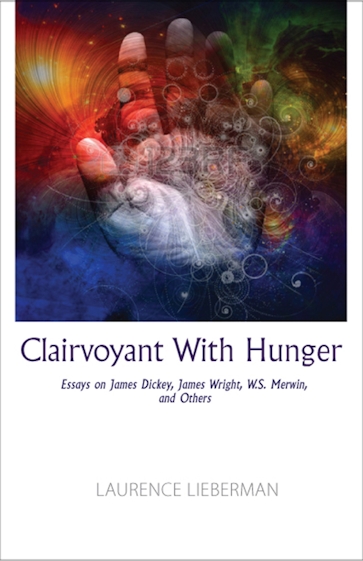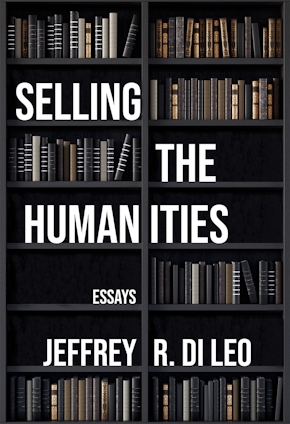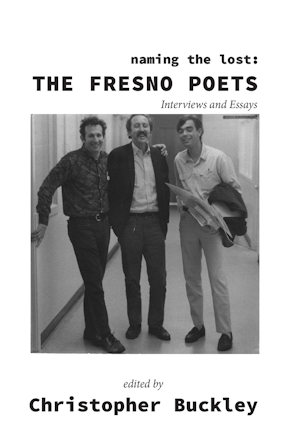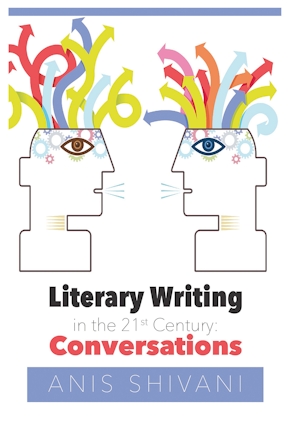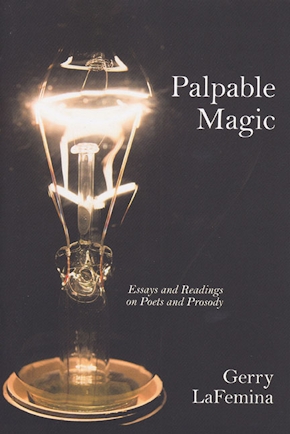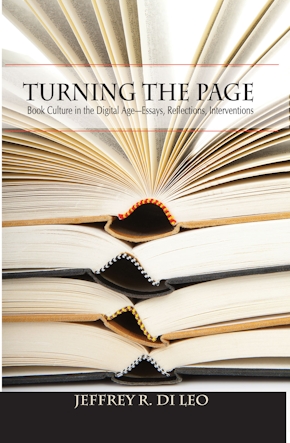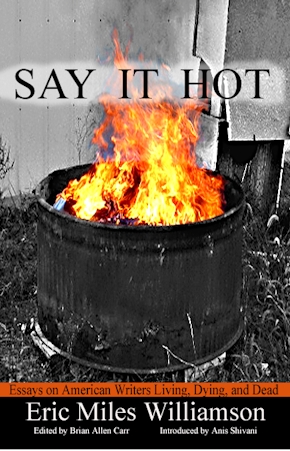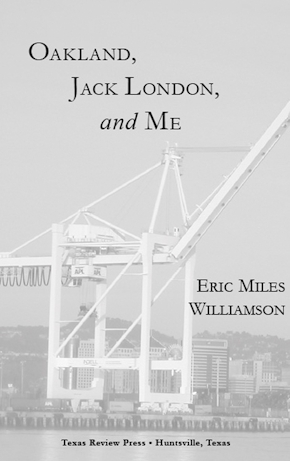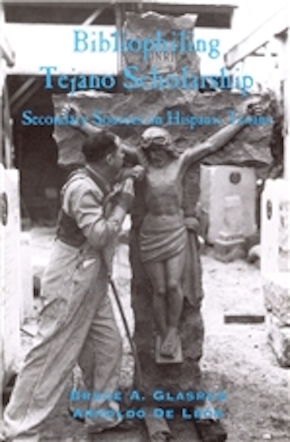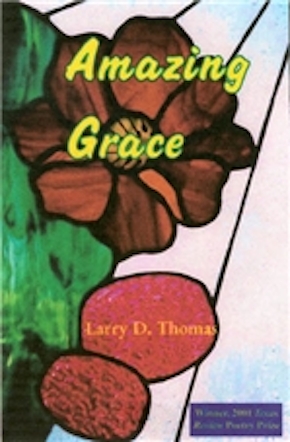The book leads off with fourteen short essays on poems from James Dickey’s last book, The Eagle’s Mile, twelve short essays on James Wright’s best prose poems, a long essay on Dickey’s third novel, To the White Sea, a long essay on W. S. Merwin’s 320 page poem, The Folding Cliffs, an essay on the major Iraqi poet Dunya Mikhail, a familiar essay on the Japanese poet Ryuichi Tamura, whose work Lieberman translated for publication during his fellowship year in Japan (1971-1972), an essay on four poets for Stephen Bert’s anthology on Marianne Moore, Theodore Roethke, D. H. Lawrence, and Hart Crane; a long essay on the work of poet David Bottoms; and Lieberman’s own interview for a special feature of his work in Fifth Wednesday Journal in Chicago, Spring 2014. The essays range in location from Chicago to Atlanta, Iraq, and Japan.
"In prose free of either jargon or agenda, Lieberman reads and illuminates our poetries according to one pure clear criterion: excellence. I know of no other critic who could so wonderfully combine negative capability and passion in order to create such generous insight."
—Donald Revell, Poetry editor, The Colorado Review
"I believe the best of Lieberman's essays equal Stevens' most shattering and inspiring prose: we understand reality as well as literature with a more humane sense of what we are, which is how revelations of empathetic intelligence, rare as they are, function for us."
—Stephen Berg, founding editor of The American Poetry Review
"Laurence Lieberman, himself an excellent poet, is one of the most intelligent and perceptive critics of poetry to be found today. His studies of contemporary poets are extraordinary feats of imaginative mediation. Immersing himself totally in the fullness of the work, giving himself to it with a receptiveness and sensitivity that are almost uncanny, he attains understanding in depth—and from the vantage point of an inner identification explains, clarifies, connects. He is just about the best reader a poet can hope for, and through his criticism he shares his great gift with others."
—Frederick Morgan, founding editor of The Hudson Review
About the Author
LAURENCE LIEBERMAN's is the author of over fourteen books of poetry, including The Divemaster: Swimming with the Immortals (Sheep Meadow Press). His poetry has appeared in such magazines as The New Yorker, The Atlantic, and The Hudson Review. Lieberman is Professor Emeritus of English at University of Illinois—Urbana. He lives in Savoy, IL.
Reviews
"In prose free of either jargon or agenda, Lieberman reads and illuminates our poetries according to one pure clear criterion: excellence. I know of no other critic who could so wonderfully combine negative capability and passion in order to create such generous insight."
—Donald Revell, Poetry editor, The Colorado Review
"I believe the best of Lieberman's essays equal Stevens' most shattering and inspiring prose: we understand reality as well as literature with a more humane sense of what we are, which is how revelations of empathetic intelligence, rare as they are, function for us."
—Stephen Berg, founding editor of The American Poetry Review
"Laurence Lieberman, himself an excellent poet, is one of the most intelligent and perceptive critics of poetry to be found today. His studies of contemporary poets are extraordinary feats of imaginative mediation. Immersing himself totally in the fullness of the work, giving himself to it with a receptiveness and sensitivity that are almost uncanny, he attains understanding in depth—and from the vantage point of an inner identification explains, clarifies, connects. He is just about the best reader a poet can hope for, and through his criticism he shares his great gift with others."
—Frederick Morgan, founding editor of The Hudson Review
Published by Texas Review Press
